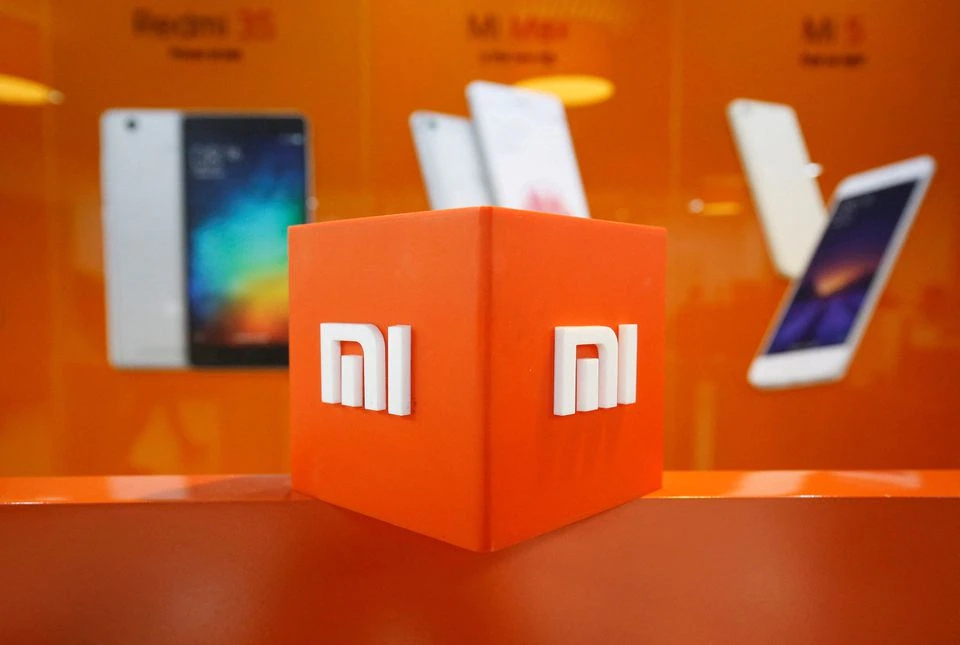Chinese smartphone maker Xiaomi strained in India
The Enforcement Bureau of India (ED) has started an investigation against the smartphone giant Xiaomi India under the provisions of the Foreign Exchange Management Act (FEMA), 1999 in relation to money transfers. illegal by the company in February this year.
Xiaomi has denied any wrongdoing and states that all its activities are strictly in accordance with local laws and regulations.
In a filing filed on May 4, Chinese smartphone maker Xiaomi Corp accused its top executives of being exposed to threats of “physical violence.” during interrogation by the Financial Crimes Authority of India.
Officials from the Indian Bureau of Enforcement have warned the company’s former India chief executive, Manu Kumar Jain, current CFO Sameer BS Rao, and their families of “serious consequences”. if they do not submit the reporting data as desired by the agency, Xiaomi’s allegation filing dated May 4 states.
After the story was published by Reuters, India’s Enforcement Bureau released a statement saying that Xiaomi’s allegations are “untrue and baseless” and that the company’s executives was dethroned “voluntarily to create the most favorable environment for himself”.

Untrue, baseless: India’s Enforcement Bureau rejects Xiaomi’s claim of threat of ‘physical violence’ during foreign exchange probe probe. Photo: @AFP.
In fact, Xiaomi has been under investigation since February, Indian authorities seized $725 million in the company’s Indian bank account, claiming that they made illegal money transfers abroad. other than “in the form of royalties”. However, Xiaomi has denied any wrongdoing, saying its royalty payments are legitimate.
On May 5, a judge heard Xiaomi’s lawyers, but they upheld the Indian agency’s decision to freeze bank assets for the time being. The next hearing is set for May 12.
Xiaomi even accused Indian enforcement of intimidation when executives showed up for questioning multiple times this past April.
“Jain and Rao are under certain circumstances” threatened … with serious consequences including arrest, damage to career prospects, criminal liability and physical violence, if they do not submit reporting data required by this enforcement agency. The executives “were able to resist pressure for some time, but they eventually gave in under such extreme and hostile abuse and pressure,” according to court filings. High Court of Southern Karnataka State.
In its media statement, the Indian Bureau of Enforcement said it is a “professional agency with a strong work ethic, and there is no coercion or threat against its officers.” company at any time”.
Currently, Xiaomi refuses to comment in detail, citing pending legal proceedings. Jain and Rao did not respond to queries from the Reuters team.
Xiaomi, in a statement to the press, said: “The detailed content of the petition alleges is a general secret of India and the company. This matter is being considered by the court. We refuse to comment. We reserve our rights in all respects and will take steps where we may be advised to protect our reputation.”
Xiaomi is the top smartphone seller in 2021 with a 24% market share in India, according to Counterpoint Research. The brand also sells other technology devices including smartwatches and TVs, and has 1,500 employees in the country.

Manu Kumar Jain, former managing director of Xiaomi India after an interview with Reuters inside his office in Bengaluru, India, January 18, 2018. Photo: @REUTERS / Abhishek N. Chinnappa.
As can be seen, many Chinese companies have struggled to do business in India due to political tensions, following a border clash in 2020. India has cited security concerns when banning more 300 Chinese applications since then, and also tightened regulations for Chinese companies investing in India.
Tax inspectors raided Xiaomi’s India offices in December 2021. After receiving information from the tax authorities, the Department of Enforcement – which investigates matters such as violations of foreign exchange laws, then began to look into Xiaomi’s royalty payments, documents of the court showed.
The agency said that Xiaomi Technology India Private Limited (XTIPL) transferred the equivalent of 55.5 billion rupees ($725 million) in foreign currency to overseas institutions even though Xiaomi “did not take advantage of any services”. “from them. Such a huge amount in the name of royalties was transferred under the instructions of the units of the Chinese parent company group.”
at Blogtuan.info – Source: danviet.vn – Read the original article here

